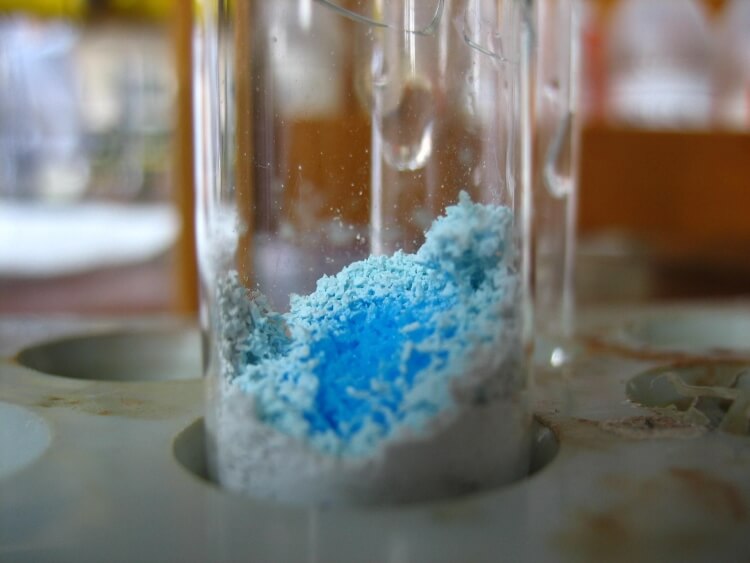anticorps
Relaxin Receptor 2 Rabbit Polyclonal Antibody 100ul
Relaxin Receptor 2 Rabbit Polyclonal Antibody 100ul
WB, IF, ELISA
Human,Mouse,Rat
Oryctolagus cuniculus
Polyclonals and antibodies
If you buy Antibodies supplied by ELK Biotech they should be stored frozen at - 24°C for long term storage and for short term at + 5°C.
RXFP2; GPR106; GREAT; LGR8; Relaxin receptor 2; G-protein coupled receptor 106; G-protein coupled receptor affecting testicular descent; Leucine-rich repeat-containing G-protein coupled receptor 8; Relaxin family peptide receptor 2
Polyclonals can be used for Western blot, immunohistochemistry on frozen slices or parrafin fixed tissues. The advantage is that there are more epitopes available in a polyclonal antiserum to detect the proteins than in monoclonal sera.Rabbits are used for polyclonal antibody production by ELK Biotech. Rabbit antibodies are very stable and can be stored for several days at room temperature. ELK Biotech adds sodium azide and glycerol to enhance the stability of the rabbit polyclonal antibodies. Anti-human, anti mouse antibodies to highly immunogenic selected peptide sequences are" monoclonal like" since the epitope to which they are directed is less than 35 amino acids long.
The receptors are ligand binding factors of type 1, 2 or 3 and protein-molecules that receive chemical-signals from outside a cell. When such chemical-signals couple or bind to a receptor, they cause some form of cellular/tissue-response, e.g. a change in the electrical-activity of a cell. In this sense, am olfactory receptor is a protein-molecule that recognizes and responds to endogenous-chemical signals, chemokinesor cytokines e.g. an acetylcholine-receptor recognizes and responds to its endogenous-ligand, acetylcholine. However, sometimes in pharmacology, the term is also used to include other proteins that are drug-targets, such as enzymes, transporters and ion-channels.
